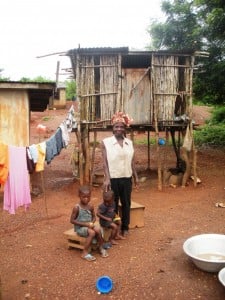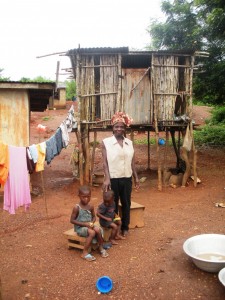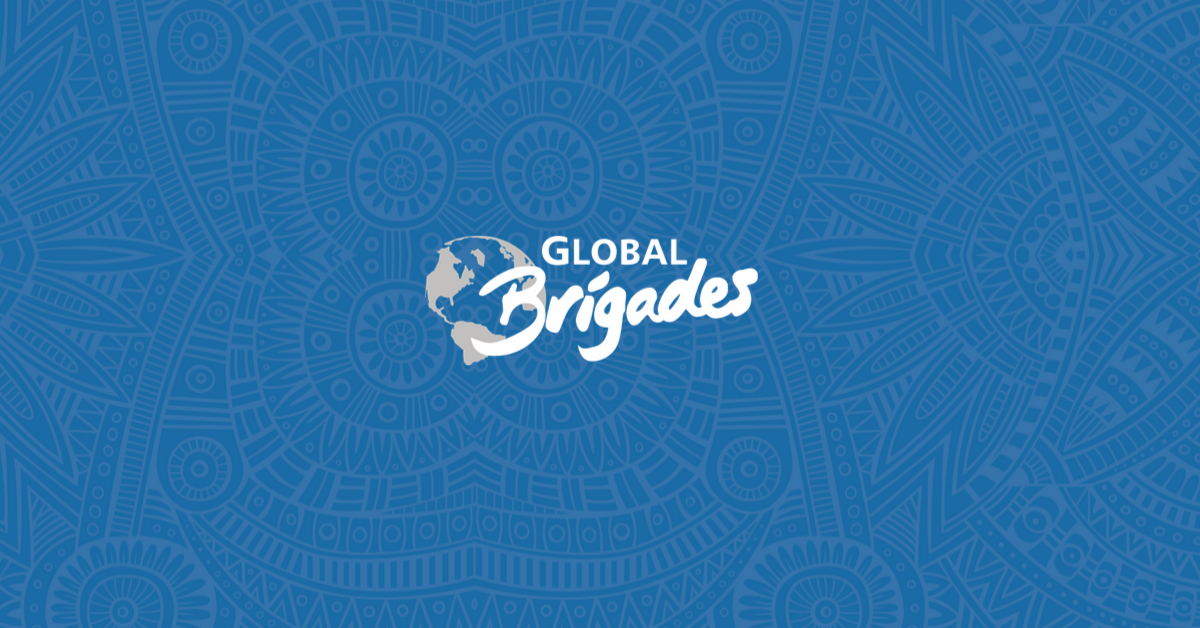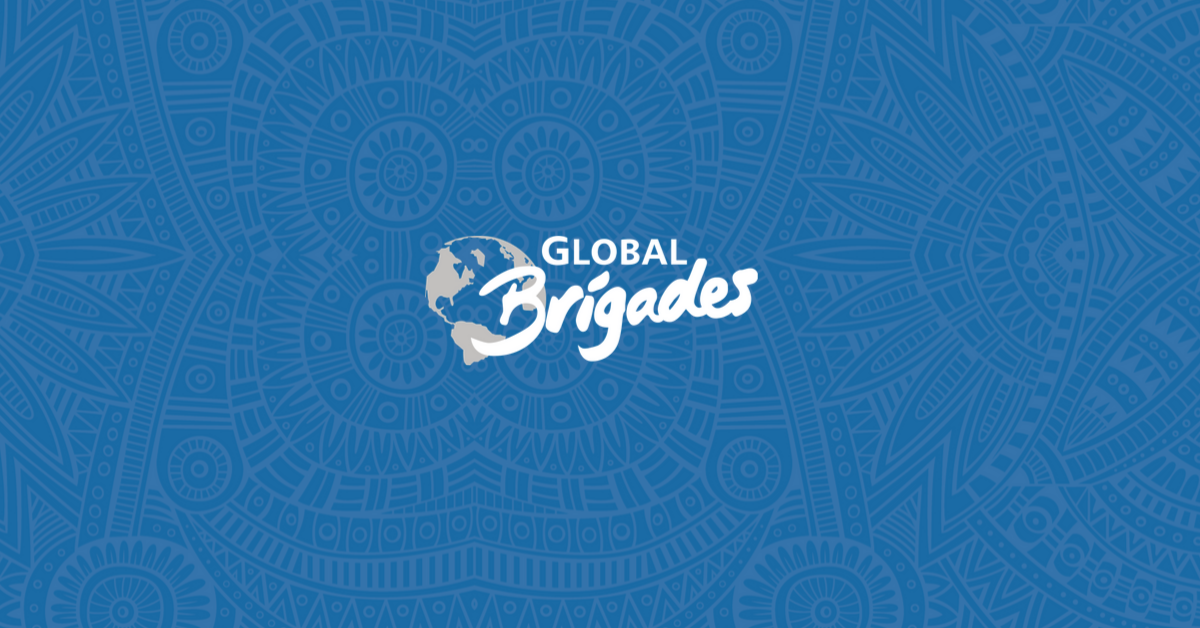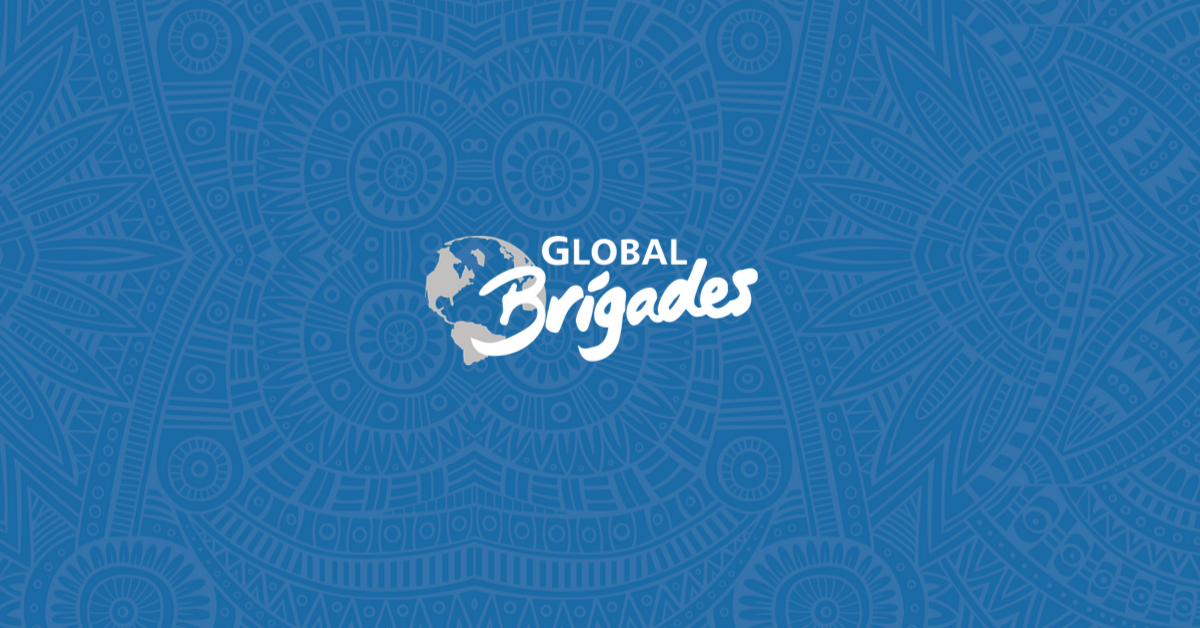Allen Gula is a co-founder of Global Brigades Ghana. He manages his own blog at allengula.org/blog/ and writes to create dialogue around international development work, to provide information on projects he is passionate about, and to connect leaders in community mobilization.
Allen wrote the following blog post on rural community mobilization methods in December. It speaks to the sustainable, holistic, and community based approach Global Brigades takes with development work. We feel it is this approach that sets us apart from so-called “voluntourism” groups and larger NGOs.
——
2010 was an informative year for me in the field of international development praxis. The majority of the media and background on Global Brigades’ expansion into Africa research project can be found on the SearchAfrica Facebook Page. Yesterday I had a meeting with a team leader from a large international non governmental organization (prefer not to name this NGO because it represents many international NGOs and serves as a great example for blogging discourse) that reminded me very much of many of the meetings that my co-researcher Orion Haas and I had during the SearchAfrica research project.
Here’s an image from yesterday that we encountered frequently throughout African development offices and government ministries: Over air-conditioned, paper-to-the-brim filled offices with employees who lead elements of large-scale international NGOs that look towards national policy to guide localized program interventions. Funding comes from abroad, ear-marked for certain thematic interventions based upon the annual course the NGO wants to take; often driven by donor’s desire to see their resources used towards certain vague concepts of development like ‘Empowerment’, ‘Health’ and ‘Education’. The role of the office in the capital city is to meet with high-ranking government officials to identify regions of the country prioritized for funding and projects within the annual budget based upon internationally collaborated documents like the National Poverty Reduction Strategy or Ghana’s Progress of Millennium Development Goals and a slew of other political/social factors. Often times the NGO repeats this process with the de-centralized government office of the Municipal Capital or District Assembly office that were targeted by the national government and funded by a cornucopia of donor sources to receive resources. The result is a planned approach to leverage funding into rural health care centers, school infrastructure or mosquito net delivery (for example) based upon the Municipalities’ focus that year. All projects usually contain various elements of community sensitization, feasibility studies and exit strategies in order to communicate to international offices and donors.
…Pause for a jargon-releasing Deep Breath and to ask yourself ‘How does this approach acknowledge methods of community participation/mobilization?’…And ‘Why does THAT matter’?…
The NGO I currently mold my lifestyle to promote, Global Brigades Ghana, has had staff attend many of the same meetings with the same government officials and have read many policy guiding publications. The difference in rural community mobilization methods is a fundamental shift in how we approach community development projects: As a staff we have taken national policy recommendations into consideration while emphasizing feedback that community leaders share through weekly discourse about where, when and how our projects should proceed in the community requested themes of Medical/Dental, Water and Microfinance. We prioritize relationships with community members and our ability to fuse energies with international student volunteers into holistic development promoting, infrastructural interventions that yield quantifiable health improving results and powerful experiences of rural development work.
The grass-roots approach to community mobilization has proven advantageous in many areas of community project support, participation, maintenance, and communication. The prior example of international NGO ‘top-down planning’ lacks community involvement in deciding village priorities and implementing programs that can be designed to address those needs. Both methods are too complex to oversimplify in this post and represent such a broad category of service implementation that they vary among country, projects, etc. My only request is that the essence of international development shifts from the air-conditioned offices of capital cities towards the rural realities of many villages so that policy makers stand a chance in understanding the actual needs of community members and incorporate that process into tangible improvement in rural health, water and financial services.

